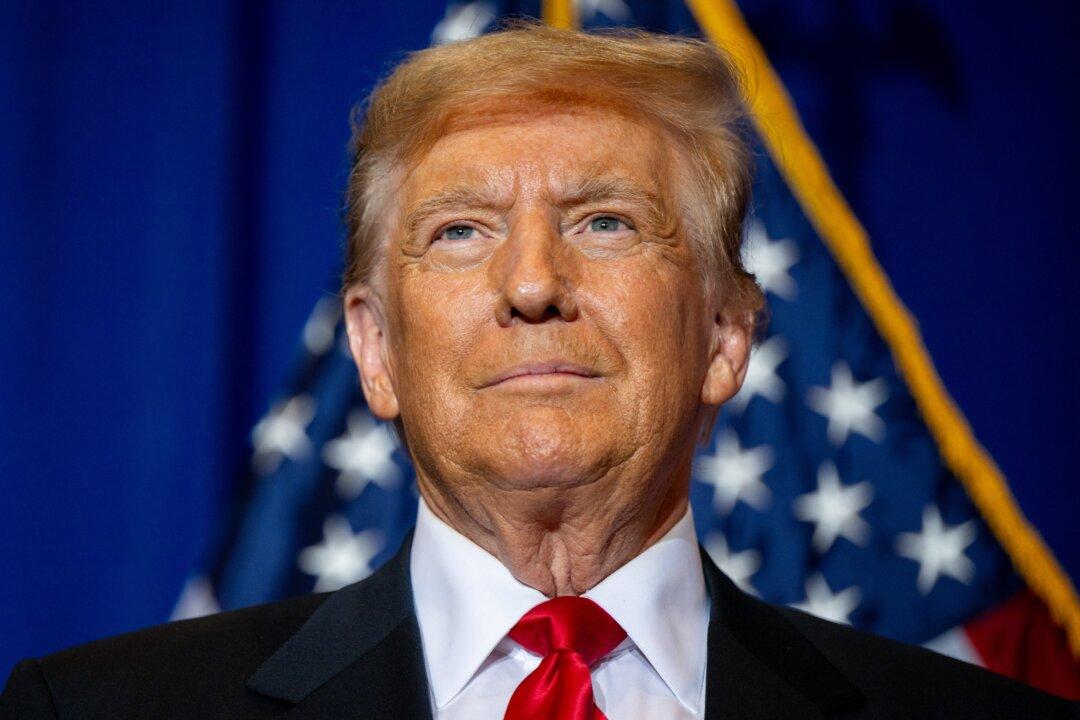Former President Donald Trump will appear on the primary ballot in Washington state following an order from Thurston County Superior Court Judge Mary Sue Wilson.
Judge Wilson dismissed the challenge to President Trump’s eligibility on Thursday, after Kitsap County Superior Court Judge Jeffrey Bassett dismissed the same challenge on Tuesday, saying the petition should have been brought in Thurston County, which encompasses the state capital.





